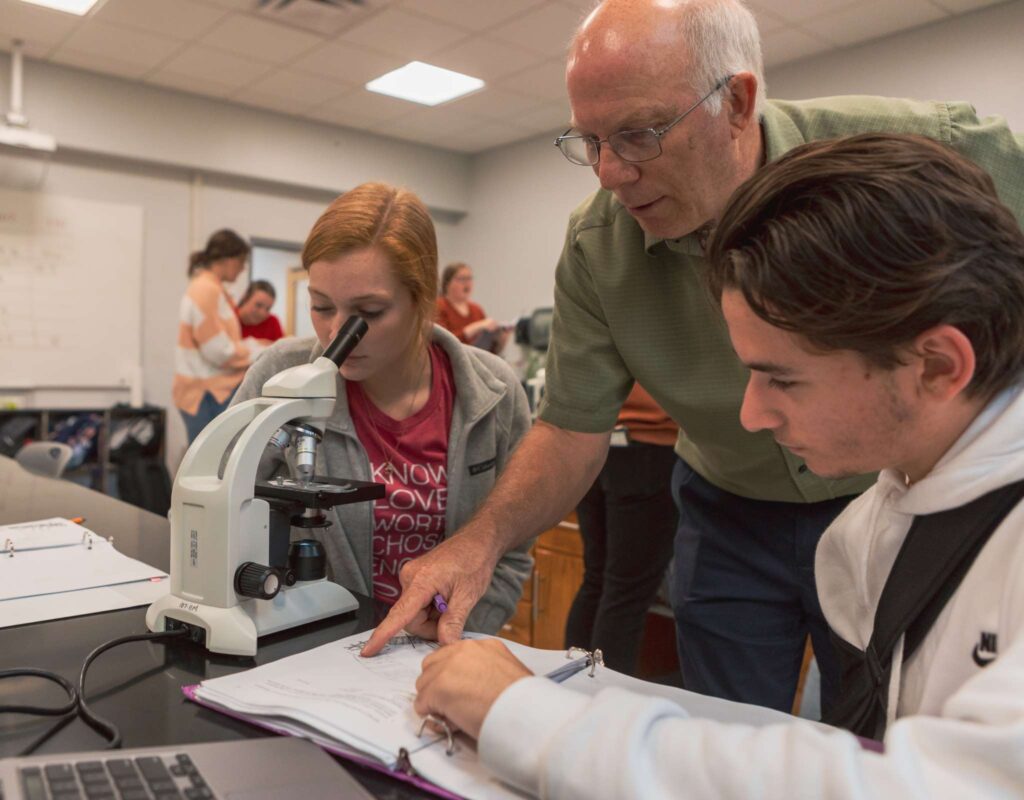Specialties of a Physician Assistant
There are many specialities that a pre-physician assistant student can choose from, and it is easy to switch between specialties even after you enter the workforce. Once you start a new job, your supervisor can even provide direct training in the new speciality, eliminating the need to go back to school.
Possible specialties include:
Anesthesia
Cardiology
Dermatology
Emergency Medicine
General Surgery
Neurology
Pediatrics
Primary care
Psychiatry
Radiology
“Just about any field of medicine that you can think of has PAs within that specialty,” says Nathan Roberts, who specializes in emergency medicine. “I love the excitement and unpredictability that emergency medicine brings, but it’s also very rewarding in being able to see the difference you are making in peoples lives on their worst days.”
Perks of the Job
All jobs come with their perks, and being a physician assistant is no exception. Here are just some of the benefits of being a PA:
Job Growth
According to the U.S. Bureau of Labor Statistics, employment of PAs is projected to grow 28% from 2021 to 2031.
High Salary
In May of 2021, the median salary for PAs was $121,530.
Less Schooling
Graduate training in pre physician assistant programs is about two and a half years, compared to four years plus residency for being a doctor.
Flexibility
The ease of changing specialities means you don’t have to go back to pre physician assistant programs to change jobs. The schedule for a physician assistant is also flexible. Some jobs are 9-5 on Monday through Friday, others are 12 hour days with one week on and one week off, and others rotate between day shift to night shift. You can choose a job that best fits your schedule.
Teamwork
Another cause for flexibility is freedom for a PA to work directly with patients. In Indiana, a PA works under a physician, but there isn’t constant supervision, leaving room for a PA to work freely with patients in prescribing medication and developing treatment plans. But working under a physician can also be a great help if you ever have any questions.
“While PAs are more than capable of caring independently for the majority of health concerns, it is nice knowing that I am not on my own and that there is someone that is always there to help me when I need it,” Nathan Roberts says.
Impact
As a PA, you will have the opportunity to work with patients and help them as they face medical diagnoses. You will often be the first person they come into contact with, which opens up opportunities for you to support them.
“One of the most impactful parts of being a PA for me is being able to be there and help people on their worst days,” Nathan Roberts says. “I can go from seeing a patient with a splinter in one room to the next instant seeing a dying patient in the next. Having been around these scenarios, I know that God has called me to be one of those working to do everything we can for a patient in their time of need.”
Pre-physician assistant is just one concentration you can have with a health science degree. Learn more about the health science major at Grace College.





